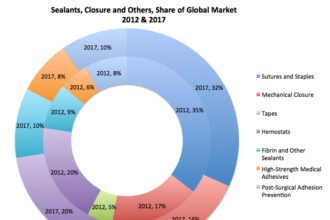Even great athletes – like Rafael Nadal at this year’s Wimbledon Championships – suffer setbacks and losses at times.
Even great athletes – like Rafael Nadal at this year’s Wimbledon Championships – suffer setbacks and losses at times. Thus, we shouldn’t be too hard on Google for the recent downfall of Google Health, although we may analyze it and look for lessons learned just as Rafael surely does after a losing match.
The Google Health downfall carries with it a long chain of assumptions: everything ranging from design clumsiness to the search engine giant’s inability to bring the medical community into its fold. MIT’s own Technology Review chalked up the failure to the nation’s broken medical system and a recent article in Mobihealthnews (“10 Reasons Why Google Failed”) outlined it so clearly that you could use it for study in a Business 101 class.
Putting all other missteps aside, I believe many companies veer off track in the earliest phases of product planning. Large corporations, by virtue of pure muscle, sometimes are further burdened when they think they can create a need where one simply doesn’t exist. In this case, Google miscalculated whose problem it was they were actually trying to address.
Consumer-based electronic medical records have been a Holy Grail quest in the medical community for at least a half dozen years. Online medical records offer central efficiency for medical and drug providers, cost savings in online storage for hospitals and small offices, and a virtual file cabinet for patients that want to have their medical histories (at least the part of it to which they have been granted access) at their fingertips.
But the central question remains, “What does the consumer really want?”
Plain and simple: She wants easy-access to information, a bit of fun, and social connection. If it’s practical, it has to be practical with the additional benefit of providing even more connection and enjoyment, more readily, or must yield huge savings in time and/or money. An application that can do all of these things would be a “killer app.” An example outside of the medical realm is Twitter—a product providing many people with a customized news stream, making the process of staying informed easier and more efficient while also allowing for easy dialogue with ones peers.
So the demise of Google Health offers tremendous insights for the life science industry, especially as we strive to develop and place new products in an increasingly complex consumer/patient marketplace. We also have to wonder about what Google has learned from this endeavor. Do you think the company will begin to probe a bit more into what consumers actually want the next time? What companies could serve as role models for Google if it decides to remain in the consumer health space?
We’d love to hear your ideas here.
This post originally appeared on the Popper and Company blog.








